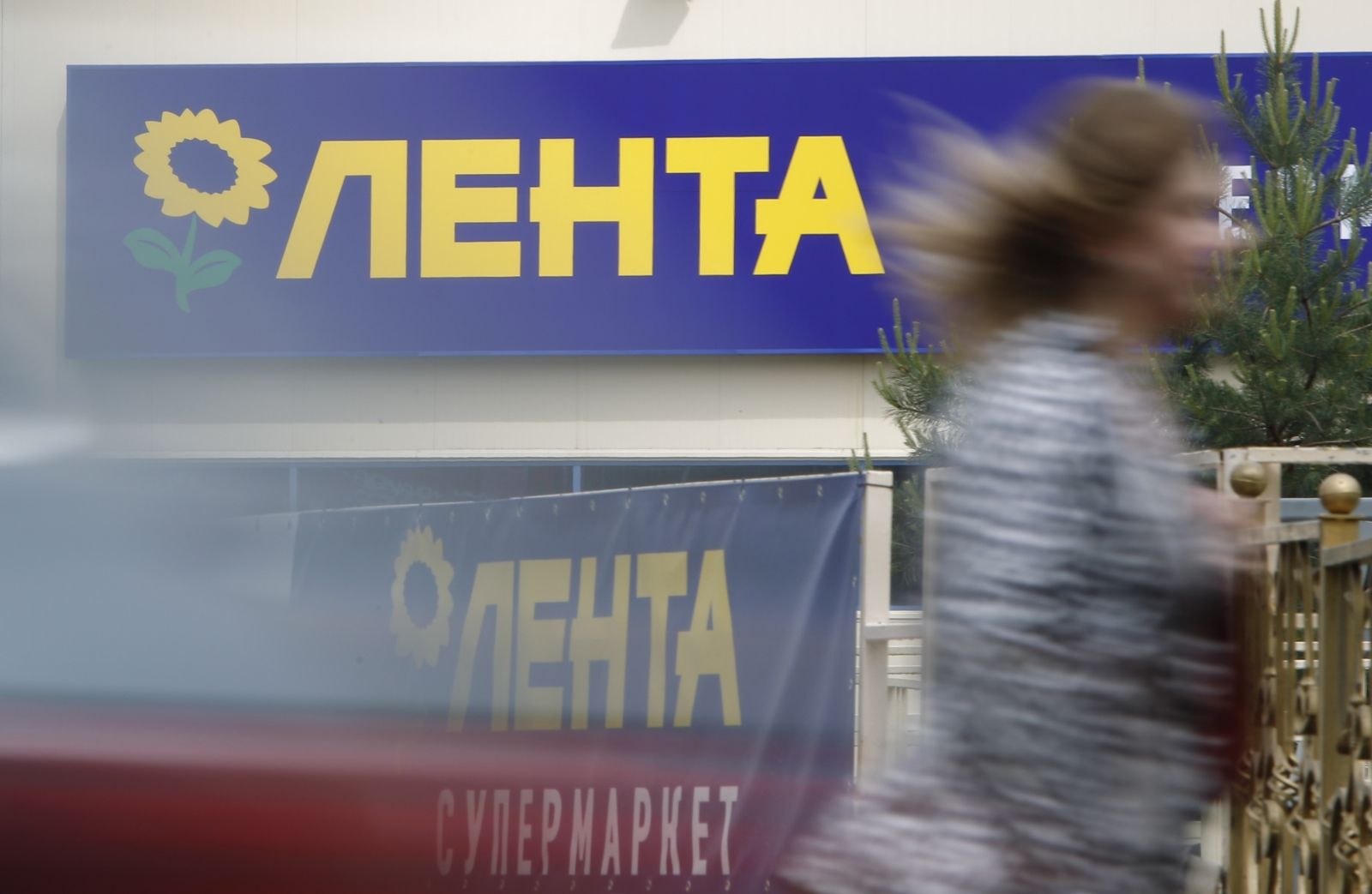
Russia has asked supermarkets to pull European and U.S. household brands such as Fairy liquid, Persil washing powder and others from their shelves after its government watchdog deemed them unsafe. Manufacturers are now questioning the decision behind for the removal, as experts warn more goods could be seized in the future.
Last Tuesday the Russian Federal Service for Surveillance on Consumer Rights Protection and Human Wellbeing (Rospotrebnadzor) ordered supermarkets to take a host of cleaning products made by EU and U.S. companies off their shelves such as Henkel, Procter & Gamble, Werner & Mertz GmbH, Colgate-Palmolive and The Clorox Company.
However, unlike previous cases of Russia seizing Western goods deemed "unsafe" by Russian state standards, no direct explanation was given to their manufacturers as to why Rospotrebnadzor asked supermarket chains to halt sales of their products.
German-based Henkel, whose Persil washing powder and other detergents were on Rospotrebnadzor's list of unsafe items, said in a statement sent to Newsweek that their products had already passed mandatory government tests. What is more, some of Henkel's goods are produced in the Russian city of Perm and are not imported.
"All laundry and home care products we supply to the Russian market have received State Registration Certificates issued by the relevant authorities. This of course also holds true for all our powder laundry, detergents, which we manufacture in Russia," a spokesperson for the company says. "Therefore we are seeking dialogue with the relevant authorities to understand the background of their measures." The Henkel spokesperson says that Rospotrebnadzor had spoken with trade partners of the company but the manufacturer themselves still had no direct line of contact with the watchdog.
Clorox Company, who also had products removed, said they had not been sent details from the Russian agency's findings which alleged their products violated Russian safety codes and plan to conduct their own assessment on the matter. Meanwhile a spokesperson for Proctor and Gamble, whose Fairy dishwashing liquid was also deemed unsafe, seemed to echo those sentiments. "We believe Fairy Platinum Lime & Lemon is in compliance with the regulations in Russia and are seeking to work with the Rospotrebnadzor to resolve this matter as quickly as possible."
While Russia currently has sanctions on Western food imports such as cheese, meat and produce, in response to EU and U.S. sanctions imposed on Russian state businesses due to the Ukraine conflict, Rospotrebnadzor has sometimes restricted products which are not under sanctions. Most recently the watchdog halted sales of three different California-made wines earlier this month. In both cases, bans were issued on the grounds that products did not clear necessary health restrictions in Russia.
Some Russians took to social media to mock Rospotrebnadzor's decision, tweeting images of messy houses with sarcastic thanks to the watchdog, while others posted mock ups of detergent mascot Mr. Propper being arrested by Russian riot police.
Anna Popova, head of Rospotrebnadzor quickly appeared on national television after the statement was made to quell speculation that the watchdog was completely banning the products and insisted they would only pull batches believed were unsafe.
Lilia Shevtsova, Kremlinologist and Russia expert at the Brookings Institution believes that the seizing of Western products is a political one and more goods under sanctions will likely face similar investigations in future. "This will become practice. I can imagine the lower levels of the state apparatus sitting and racking their brains: 'What else could we check or sanction?' Running ahead of the leader is the test of loyalty and guarantee of survival."
With relations between Russia and the West at an all time low since the Cold War, Shevtsova believes sporadic or partial bans are a way for state bodies to ingratiate themselves to the Kremlin. "Rospotrebnadzor does not think about publicity or plans to respond to Europe, they don't care. They want to be in the Kremlin's mainstream," she adds.
Rospotrebnadzor could not be reached for comment, however they have repeatedly denied claims that their activity is motivated by politics. Shortly after their official statement the watchdog's head Anna Popova appeared on national Russian TV, explaining that the decision to pull detergents from shops was related to the rise in skin conditions in Russia and said the move would not be followed by a wholesale ban on Western detergents.
Uncommon Knowledge
Newsweek is committed to challenging conventional wisdom and finding connections in the search for common ground.
Newsweek is committed to challenging conventional wisdom and finding connections in the search for common ground.
About the writer
I am a Staff Writer for Newsweek's international desk. I report on current events in Russia, the former Soviet Union ... Read more
To read how Newsweek uses AI as a newsroom tool, Click here.








